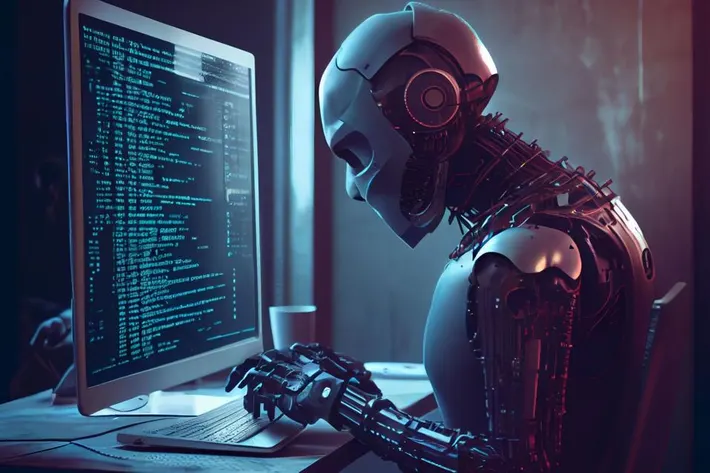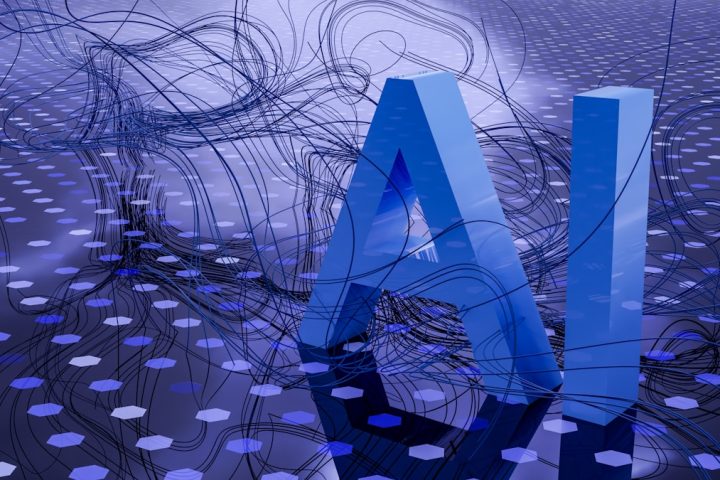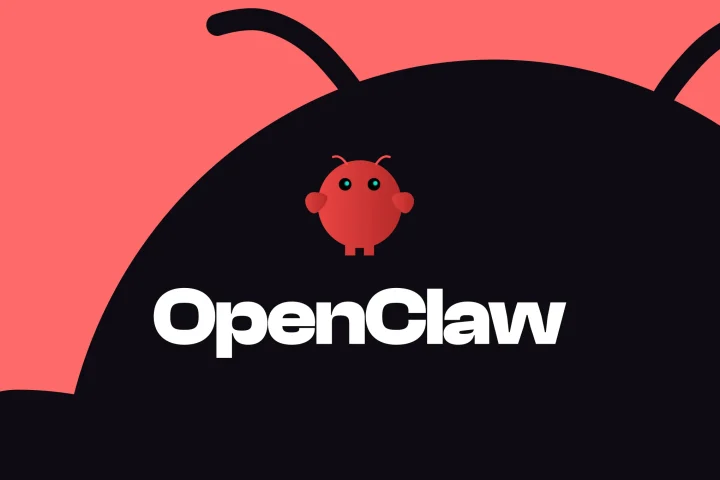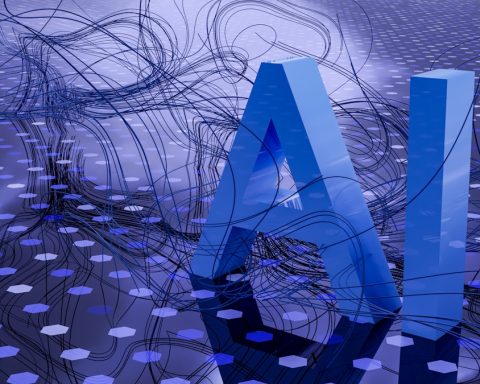Artificial Intelligence (AI) is no longer just a futuristic concept or a laboratory experiment—it has become a transformative reality that is rapidly reshaping the global job market.
From healthcare and education to industry, finance, and marketing, AI is revolutionizing work methods and opening new horizons for economic growth.
AI as a Driving Force of Digital Transformation
AI is at the core of digital transformation, with its ability to analyze massive datasets, predict trends, and make precise decisions. Companies now see AI not merely as a supporting tool but as a strategic foundation for enhancing efficiency and competitiveness.
Key Areas Where AI Is Entering the Job Market
1. Healthcar
AI-powered diagnostic systems capable of early disease detection.
Intelligent surgical robots assisting doctors in complex operations.
Patient data analysis enabling personalized medical care.
2. Education and Training
Smart learning platforms offering personalized study paths.
AI chatbots acting as virtual tutors available 24/7.
Advanced evaluation tools that analyze student performance.
3. Industry and Manufacturing
Smart automation of production lines through AI-driven robots.
Predictive maintenance reducing downtime and costs.
Computer vision systems improving product quality.
4. Financial Services
AI algorithms predicting market trends and managing risks.
Real-time fraud detection systems.
Virtual banking assistants improving customer service.
5. Marketing and Media
Customer behavior analysis for personalized advertising.
AI-driven content creation.
Data-driven digital marketing strategies.
The Impact of AI on Jobs
While AI creates new opportunities, it also raises concerns about job displacement.
Routine and repetitive roles may diminish, while new jobs requiring advanced skills—such as data analysis, AI system management, and cybersecurity—will emerge.
Thus, reskilling and continuous training will be vital for the workforce to adapt.
AI is expected to evolve from being a mere tool to becoming a strategic partner for humans in the workplace. Despite the challenges, the opportunities it offers make it a cornerstone for economic and social development in the coming decades.

















